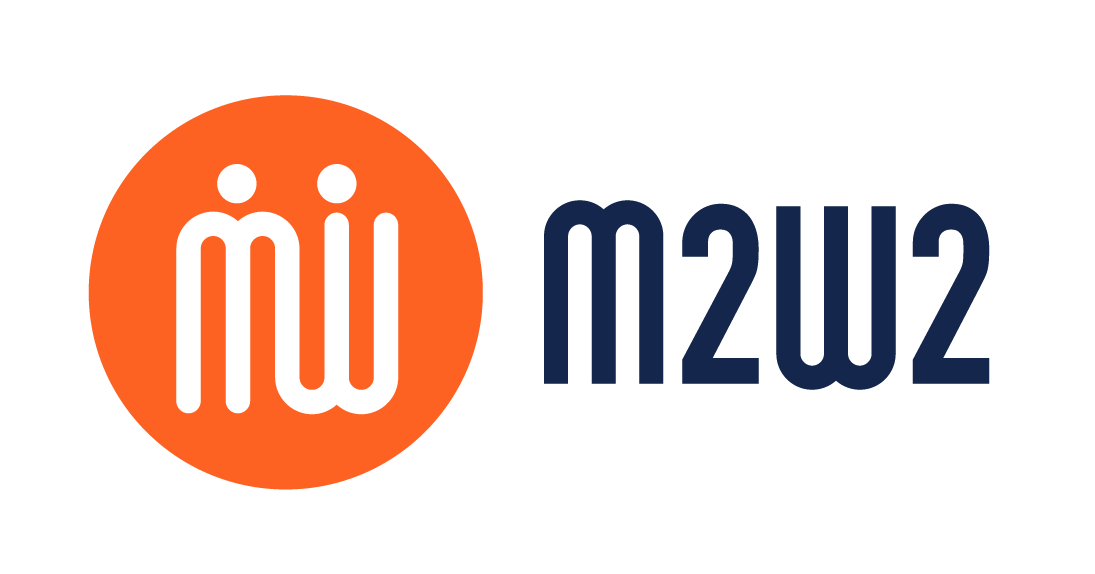With so much going on, including the COVID-19 outbreak at Mission Institution, it’s easy to forget that people in prisons continue to deal with the day-to-day struggles of incarceration. Many prisoners face ongoing mental health issues, like anxiety. The pandemic adds yet another layer of stress to their lives.
While visits, non-medical absences, and work releases have been suspended, prisoners are still applying for parole and attending hearings, although the meetings now include teleconference and video where possible. The opportunity to earn a conditional release is a significant source of hope for many incarcerated men and women.
Take Carl* for example. He is serving a long sentence and plans to apply for parole this summer. Through his parole officer, he reached out to his mentor, M2/W2 Executive Director Raymond Robyn, to seek his advice in preparation for the hearing.
Carl’s parole officer arranged the phone call.
“I was overwhelmed by his first question,” Raymond said. “He asked, ‘How are you doing in this crazy time?’”
“I said, ‘My hair is growing; all of my grey hair is showing. My exercise schedule is out of whack.’”
“We also talked about public health recommendations,” Raymond said, “like hand washing and physical distancing. It was good to hear that Carl is receiving the same messages we are, and is trying his best to follow them.”
“He asked, ‘Ray, how do you cope with all this?’”
Raymond told him that keeping a routine is essential. As an example, he described his own morning ritual, which includes time for prayer, reading scripture, and meditation, as well as drinking a glass of water and eating breakfast.
“By sharing my morning routine,” Raymond said, “I illustrated the value of setting goals and working toward them, even when the world is out of balance.”
They also discussed who Carl needs to visit to prepare for his hearing. Carl started a list that includes the Indigenous Liaison Officer, who will help him find housing in the community. Raymond encouraged him to also meet with an elder, for spiritual guidance, and an addictions counsellor to continue his treatment program.
“Carl has been in prison for a long time,” Raymond said. “I am concerned that he will fall through the cracks. I am worried that if he doesn’t get parole this time, he won’t apply again.”
“I hope he won’t give up hope.”
By forging long-term relationships, our mentors build trust with their matches in prison. Thanks to that trust, prisoners look to these relationships for wisdom, encouragement, and an outside perspective. Even though we can’t always reach out to prisoners during the pandemic, we remain available and ready to answer the call.
*Carl is not the caller’s real name.


Thanks for this encouragement and solid reminder.
You truly create hope in people’s lives once again. Thank you for what you are doing ! Reflecting God’s grace and forgiveness.